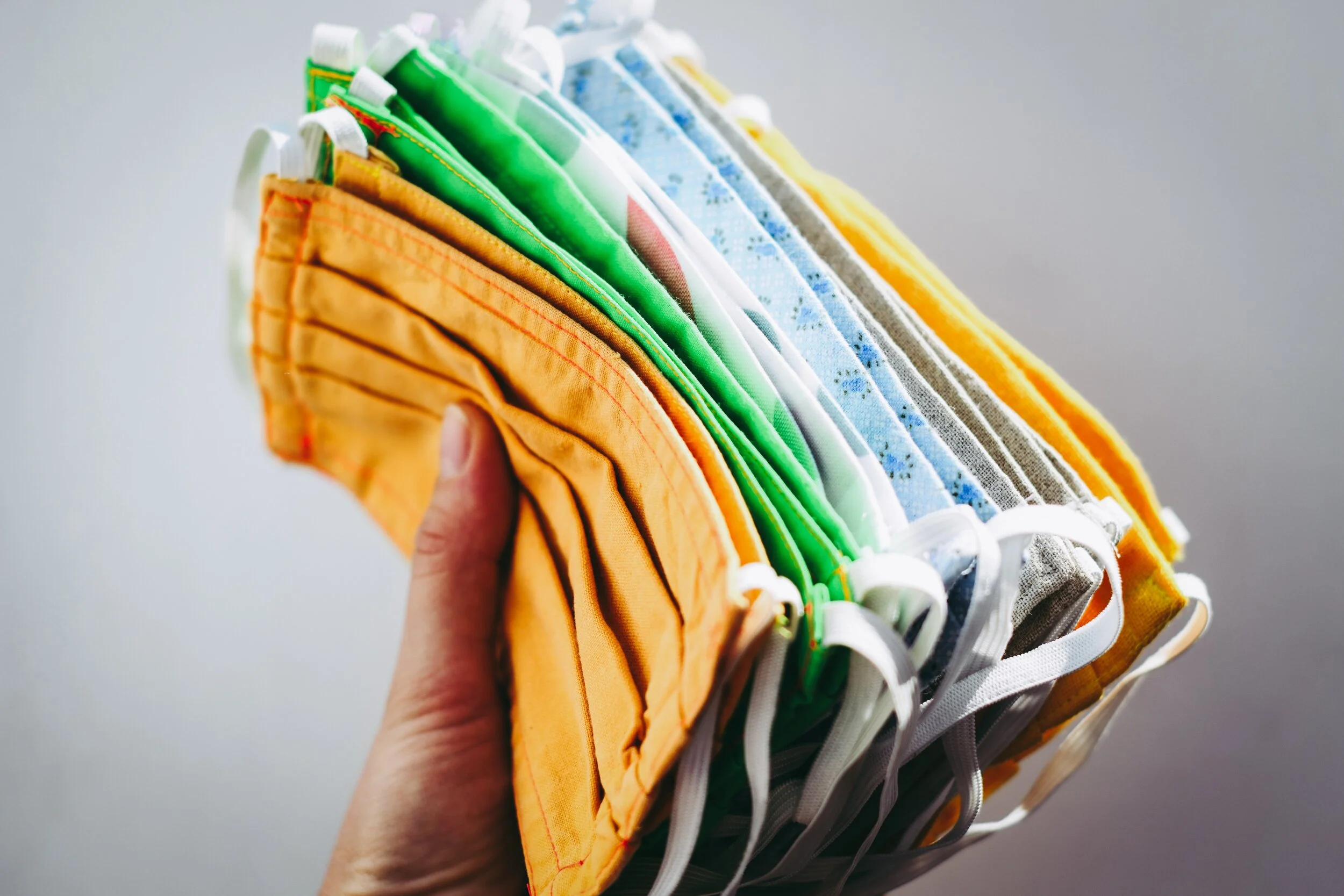With so much of our lives turned topsy-turvy by COVID-19, I know that we all want to hang on to any sense of normalcy we can come by. However, as we’ve only seen cases continue to rise as cities re-open, it’s still important to take precautions to protect ourselves and our community.
This is true of all areas of life, and perhaps especially true of our exercise habits. Not only are gyms typically teeming with germs, but COVID can be easily spread in your indoor exercise class. Still, it’s vital that we get exercise. It’s one of the best coping mechanisms we have for stress and one of the best ways to increase health and wellness.
As NPR puts it, we have to keep moving.
While there are conflicting studies about outdoor exercise, it seems as though it’s a lower-risk activity than some have thought. However, not everyone can exercise outside in solitude. We don’t all have access to low-traffic trails and parks. Staying six feet away from those you come across might not be as possible as we’d like! While we might not all choose to exercise with face masks as a precaution, it’s important to know that it is possible.
Answering 3 Big Questions About Exercise & Face Masks
1) When Should I Wear a Face Mask While Exercising?
If you’re exercising outdoors in an area that has low foot traffic, it is probably fine to go without a face mask. Solo-exercise carries a low risk of transmission. Face masks should definitelybe worn while working out in public and indoors, such as in a gym or fitness class. Remember; wearing face masks is more about protecting others than yourselves.
Wearing a face mask drastically decreases the chance of spreading the virus if you are asymptomatic. The more we wear masks, the most we protect ourselves, normalize wear and protect one another.
If you are exercising outdoors with a group, in crowded public spaces, are around vulnerable demographics, such as senior citizens, wear a mask.
2) Will I Be Able to Breathe?
The biggest concern surrounding face masks and exercise usually revolves around your ability to breathe and perform. The short answer is yes. You will be able to breathe. However, wearing a face-covering of any kind is going to reduce oxygen intake. Your body will have to work harder to perform at the same level while wearing a face mask because of this.
You’re going to fight breathing resistance, and that will cause you to breathe more quickly and not as deeply. The more physically fit you are, the less you will be impeded by the lower flow of oxygen.
What’s important is to listen to your body! Just as environmental factors like heat, humidity, and cold can impact your performance, so does a face mask. We have to adjust accordingly. It might mean lower intensity work-outs, shorter runs, and not pushing yourself to the brink of your ability. Pay attention to how you feel. Fatigue will likely come more quickly and shortness of breath may signal it’s time for a break. Don’t be afraid to stop, catch your breath, regulate your heart rate, and cool down before you start again.
We all have to adjust to these conditions. Don’t overdo it!
3) What Kind of Face Masks Work Best for Working Out?
There’s some debate about what kind of face masks are best to wear in general, not just during exercise. However, there are particular kinds that will be more convenient and conducive to exercise than others. I personally recommend reusable masks. If you’re going to exercise regularly, you’ll go through a disposable mask each time. That cost adds up. Instead, keep a handful of double-lined reusable masks that can be thrown in the wash after your workout.
Look for masks that are not 100 percent cotton, but rather a blend. The presence of polyester and spandex can help your mask act more like activewear — reducing moisture that can make breathing more difficult and bacteria more present.
CNET has published a helpful list of facemasks suited for exercise!
Beyond avoiding disposable and all-cotton masks, steer clear of the kinds of masks skiers often wear. Though these half-masks seem perfect for exercise, they are designed to lock in warmth — not just protect you from airborne threats. During the summer, they run the risk of causing you to overheat!
What’s your favorite way to exercise right now? Let me know in the comments.

